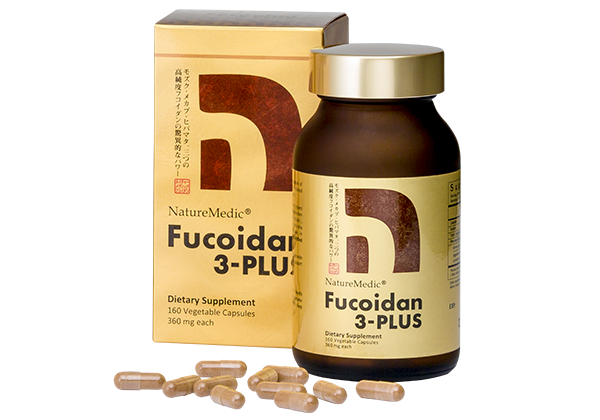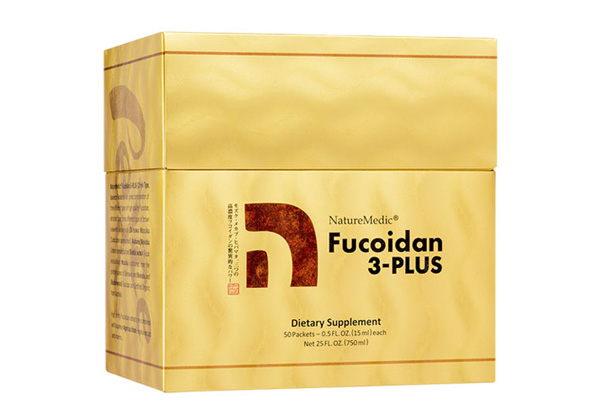Did you know your stomach could be harboring a bacterium that poses a threat to your health? Helicobacter pylori (H. pylori) may sound like an alien life form, but it could be actively present in your body. Closely linked to gastritis, stomach ulcers, and even severe gastric conditions, this article explores the impact of this mysterious bacterium.
What is Helicobacter pylori?
Approximately 50% of the global population is estimated to be infected with H. pylori, but not everyone exhibits symptoms or develops serious stomach conditions. This spiral-shaped bacterium can survive stomach acid and move quickly using its flagella. It spreads primarily through:
· Contact with the saliva of infected individuals, such as sharing utensils or kissing.
· Consuming contaminated food or drinking unclean water.
Most infected individuals may remain asymptomatic, but the bacterium poses a long-term potential threat to stomach health.
Common Symptoms of H. pylori Infection
Although many infected individuals do not experience immediate discomfort, some may develop the following symptoms. These symptoms are similar to gastritis or stomach ulcers, making them easy to overlook.
· Abdominal pain: Especially in the upper abdomen, often worsening on an empty stomach.
· Heartburn: A burning sensation in the chest after meals.
· Bloating: A feeling of fullness and discomfort in the stomach.
· Nausea and vomiting: Occasionally accompanied by these symptoms.
· Loss of appetite and weight loss: Reduced food intake due to eating difficulties.
Link to Gastric Diseases
Once H. pylori colonizes the stomach, it may trigger chronic inflammation. If left unchecked, this inflammation could lead to:
· Stomach ulcers: Worsened damage to the stomach lining.
· Cellular changes in the stomach: Ultimately resulting in severe gastric conditions.
Prevention and Treatment
Fortunately, an H. pylori infection is treatable. Here are some important prevention and treatment strategies:
1. Good hygiene habits: Wash hands frequently and ensure clean food and water sources.
2. Medical treatment: Doctors typically prescribe antibiotics along with acid-suppressing medications for a 10- to 14-day treatment course.
Potential Role of Fucoidan
Research indicates that fucoidan, a natural polysaccharide extracted from brown seaweed, may have potential in combating H. pylori:
1. Inhibiting bacterial growth: Reducing bacterial numbers and lowering the risk of infection.
2. Boosting immune function: Stimulating immune cell activity to enhance the body’s ability to fight infection.
3. Protecting and repairing the stomach lining: Reducing damage caused by the bacterium and promoting stomach health.
4. Neutralizing bacterial toxins: Minimizing toxin-induced damage to the stomach lining.
Prioritize Stomach Health and Keep H. pylori at Bay
While H. pylori is present in many individuals, adopting good lifestyle habits and seeking timely treatment can significantly reduce the risks. If you’re concerned about your stomach health, consult a medical professional for appropriate tests and measures.
 (852) 5729 0686
(852) 5729 0686 









